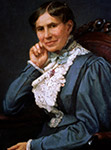
Clara Barton (1821 - 1912)
Clara Barton may be well-known for her first aid skills and the famous humanitarian organization that provides emergency assistance and disaster relief she founded in 1881. Yet deep down Barton knew and demonstrated how to acquire and move supplies when and where they were needed to care for people, both on and off the battlefield, and during and after crises and disasters. Her talents and skills uniquely qualify her as a pioneering, if not quintessential, supply chain expert, seasoned in the field as well as on the field. Barton was an educator, nurse, organizer or supplier of materials and provider of hope, but she also was a first mover.
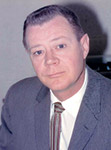
Stanley J. Costello (1916-1976)
Stanley Costello not only brought group purchasing and supply chain expertise to the Dakotas and north of the Great Plains in the 1950s and 1960s, but he also brought to that region, and the growing number of facilities he represented, the guarantee of supply chain as a dedicated, heartfelt customer service. Costello’s customers counted on him without fail because he truly delivered. His dedication to helping clinicians and administrators alike became such a hallmark in healthcare group purchasing and supply chain history that his motivation, philosophy and reputation spawned a national award named for and given in his honor.
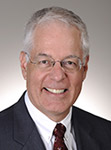
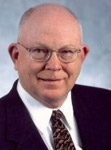
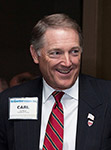
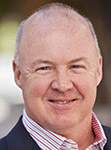
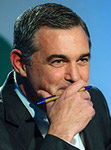
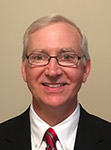
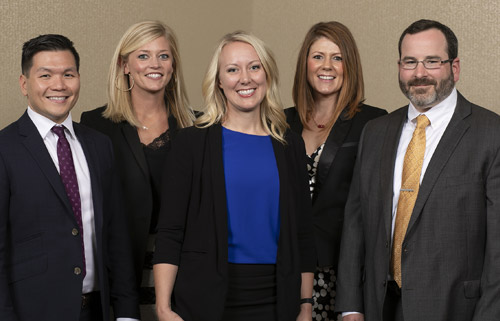 Future Famers Class of 2019 - Left to right: Geisinger Health’s Jun B. Amora, Memorial Health System’s Erin M. Bromley, Avera
Health’s Sara M. Henderson, Mid-America Service Solutions’ Jessica Rinderle and Dartmout-Hitchcock
Health’s Sidney L. Hamilton.
Not pictured: The University of Kansas Health System’s Brian A. Dolan.
Future Famers Class of 2019 - Left to right: Geisinger Health’s Jun B. Amora, Memorial Health System’s Erin M. Bromley, Avera
Health’s Sara M. Henderson, Mid-America Service Solutions’ Jessica Rinderle and Dartmout-Hitchcock
Health’s Sidney L. Hamilton.
Not pictured: The University of Kansas Health System’s Brian A. Dolan.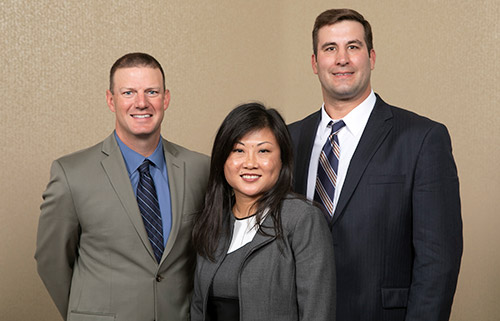 Future Famers Class of 2018 - Standing (left to right): Troy Compardo, Amy Chieppa and Andy Leaders. Not pictured: Ryan Rotar.
Future Famers Class of 2018 - Standing (left to right): Troy Compardo, Amy Chieppa and Andy Leaders. Not pictured: Ryan Rotar.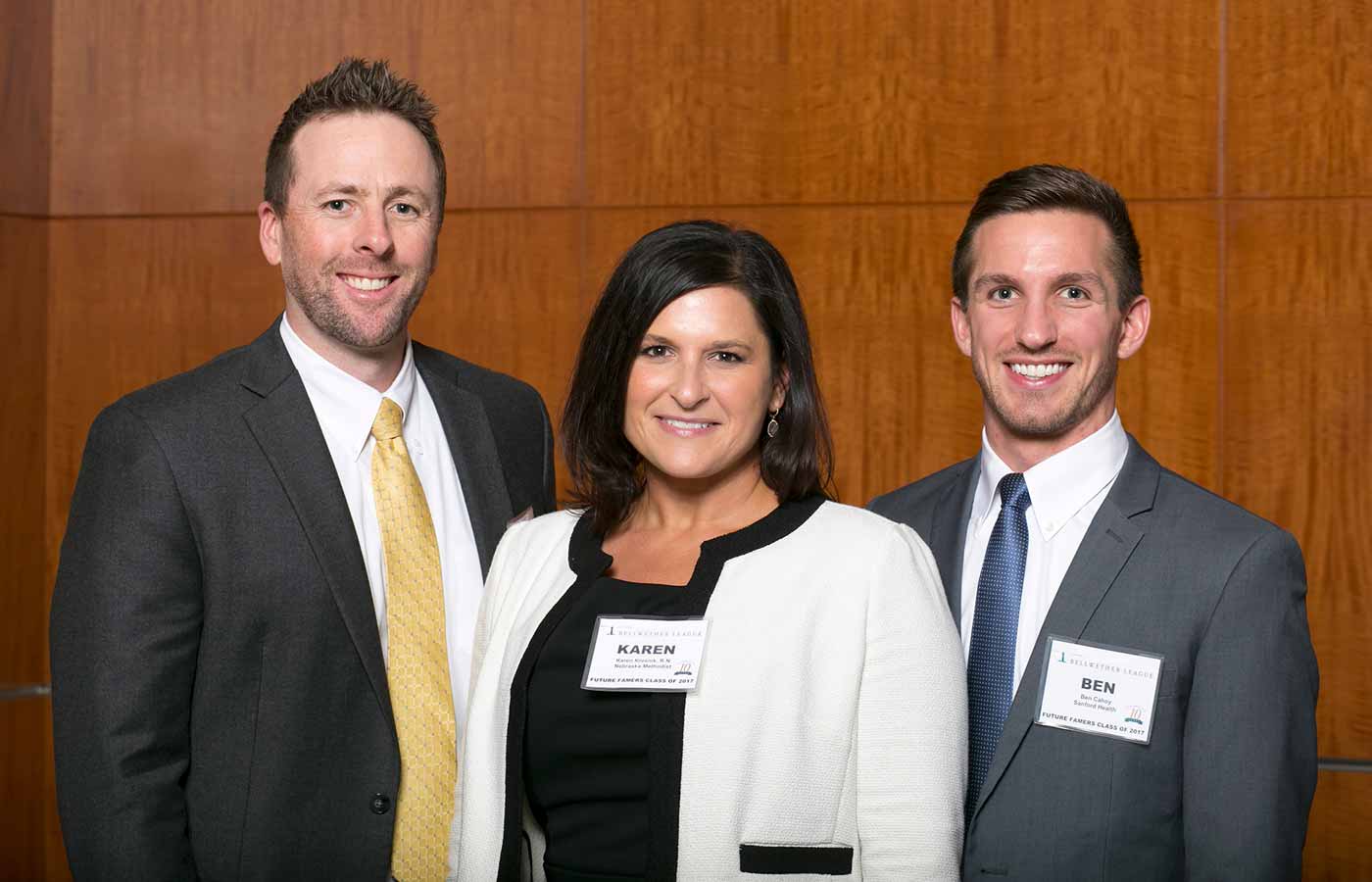 Future Famers Class of 2017 - Standing (left to right): Mark Growcott, Ph.D., Karen Kresnik, R.N., and Ben Cahoy. Not pictured: Derek Havens and Christy Crestin.
Future Famers Class of 2017 - Standing (left to right): Mark Growcott, Ph.D., Karen Kresnik, R.N., and Ben Cahoy. Not pictured: Derek Havens and Christy Crestin.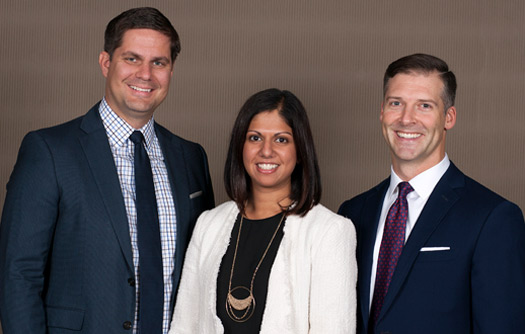 Future Famers Class of 2016 - Standing (left to right): Erik Walerius, Nisha Lulla and Rob Proctor. Not pictured: Jimmy Henderson, Kate Polczynski and Baljeet Sangha.
Future Famers Class of 2016 - Standing (left to right): Erik Walerius, Nisha Lulla and Rob Proctor. Not pictured: Jimmy Henderson, Kate Polczynski and Baljeet Sangha. 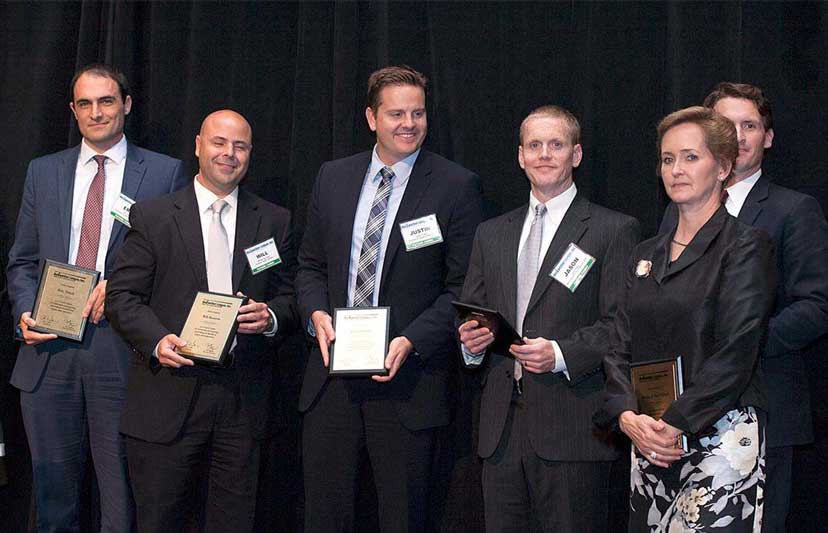 Future Famers Class of 2015 - Standing (left to right): University of Chicago’s Eric Tritch, Ochsner Health’s Will Barrette, Providence Health’s Justin Freed, Mercy Health/St. Rita’s Jason Hays, Parkview Health’s Donna Van Vlerah and Texas Health’s Nate Mickish (back and to the right).
Future Famers Class of 2015 - Standing (left to right): University of Chicago’s Eric Tritch, Ochsner Health’s Will Barrette, Providence Health’s Justin Freed, Mercy Health/St. Rita’s Jason Hays, Parkview Health’s Donna Van Vlerah and Texas Health’s Nate Mickish (back and to the right). Mayo Clinic’s Jim Francis accepts the 2017 Dean S. Ammer Award for Supply Chain Excellence, on behalf of his Ammer Level 5 Supply Chain Organization.
Mayo Clinic’s Jim Francis accepts the 2017 Dean S. Ammer Award for Supply Chain Excellence, on behalf of his Ammer Level 5 Supply Chain Organization. Michael Louviere accepts the inaugural Dean S. Ammer Award for Supply Chain Excellence on behalf of his Supply Chain team at Ochsner Health System.
Michael Louviere accepts the inaugural Dean S. Ammer Award for Supply Chain Excellence on behalf of his Supply Chain team at Ochsner Health System.